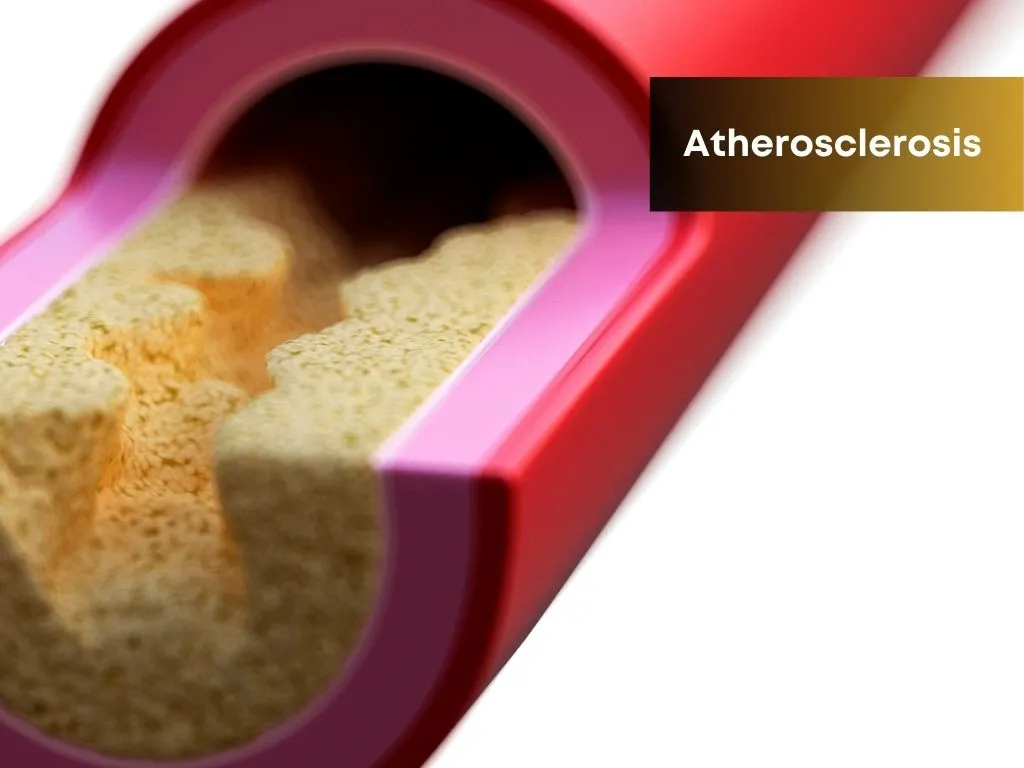Overview
Insomnia, commonly known as sleeplessness, is a sleep disorder characterized by difficulty falling asleep, staying asleep, or experiencing poor quality sleep despite having the opportunity to sleep.
Insomnia often leads to daytime impairment, such as fatigue, irritability, difficulty concentrating, and decreased performance at work or school.
There are two primary types of insomnia:
Primary InsomniaSecondary Insomnia
Causes
Stress and AnxietyMental Health DisordersMedical Conditions
MedicationsSubstance UsePoor Sleep HabitsEnvironmental Factors:Shift Work or Jet LagGeneticsPsychological FactorsAge
Symptoms
Difficulty Falling AsleepDifficulty Staying AsleepWaking Up Too EarlyNon-Restorative SleepDaytime FatigueIrritability and Mood DisturbancesDifficulty Concentrating and Memory ProblemsImpaired PerformanceTension HeadachesWorrying About Sleep
Treatment: Modern Medicine
Cognitive-Behavioral Therapy for Insomnia (CBT-I)Sleep Hygiene EducationStimulus ControlSleep Restriction TherapyRelaxation Techniques
Medications: In some cases, healthcare providers may prescribe medications to help manage insomnia, especially when non-pharmacological interventions are ineffective or insufficient. Common medications for insomnia include:
Non-Benzodiazepine HypnoticsBenzodiazepinesMelatonin Agonists: Antidepressants
Treatment: Traditional Medicine
Herbal RemediesValerian RootLavenderMagnesiumWarm MilkHerbal TeaAromatherapyWarm Bath or ShowerMindfulness and Relaxation Techniques
Caution
Consult with a Healthcare ProfessionalPotential InteractionsDosage and SafetyQuality and PurityEffectivenessAllergies and Sensitivities
Prevention
Limiting Screen TimeMaintain a Consistent Sleep ScheduleCreate a Relaxing Bedtime RoutineCreate a Comfortable Sleep EnvironmentLimit Stimulants Before BedtimeLimit Napping
 Nalamaree Team
Nalamaree Team

.jpg.webp)
 (2).jpg.webp)


















.jpg.webp)
